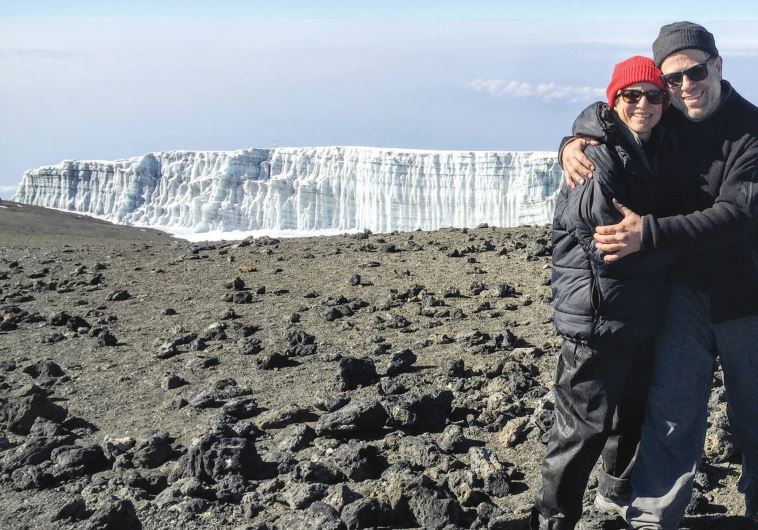Such great heights
Shalva, the Association for Mentally and Physically Challenged Children in Israel, raises $300,000 with 27 volunteers summiting Mount Kilimanjaro
 Jerusalem couple Avi and Helen Moskowitz(photo credit: COURTESY THE MOSKOWITZES)Updated: Read More
Jerusalem couple Avi and Helen Moskowitz(photo credit: COURTESY THE MOSKOWITZES)Updated: Read More